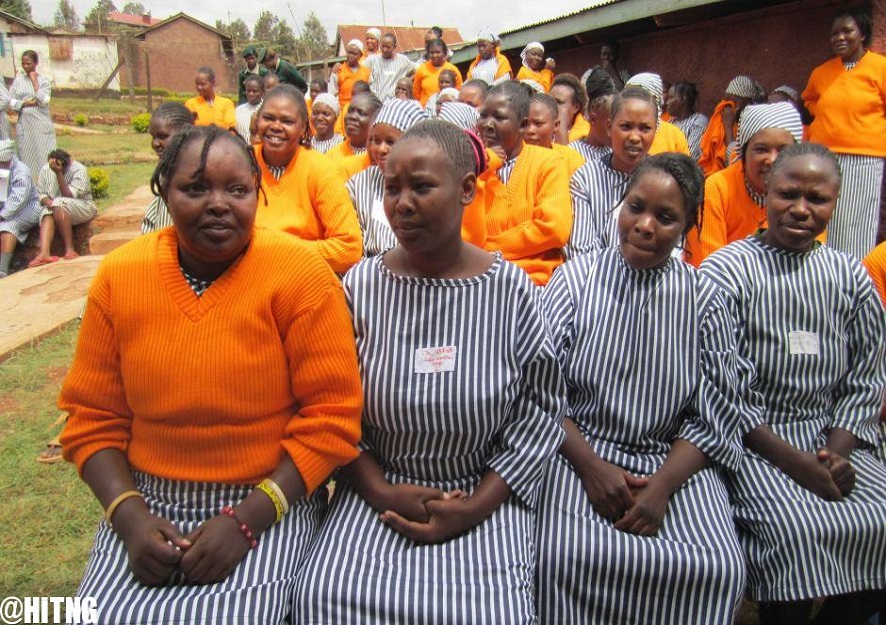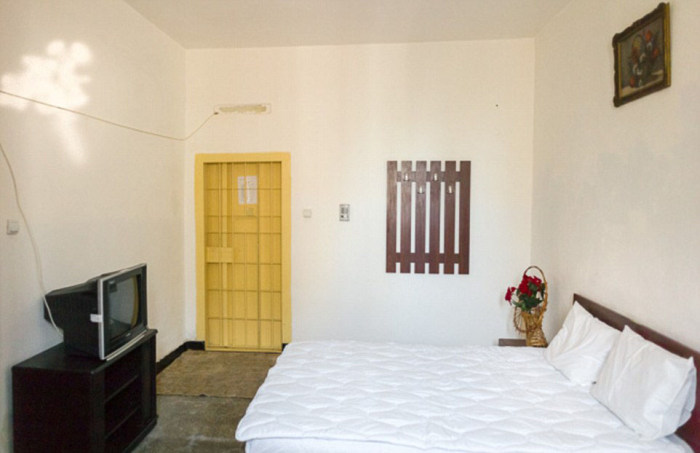

“At other levels, the debate around conjugal visits in prisons implicates a host of other related and relevant issues and they include the commitment to equality for all within the penal system, the recognition of human dignity and the physical, logistical and other challenges such a shift in policy would create.

Included in that is what may be regarded as a normal family life and a normal relationship with their spouse or partner. “Much has been written and said on the matter whether prisoners should enjoy conjugal visits and there are many who argue with great force and persuasion that if the object of imprisonment is not to punish but to create the conditions under which rehabilitation can meaningfully take place conjugal visits should be permitted… “On the other hand, it is argued that the deprivation of liberty that imprisonment necessarily entails has as its consequence that for those whose freedom is curtailed they of necessity give up much of what is associated with that freedom. He said that although prisoners are allowed and encouraged to keep up contact with family members, this did not extend to conjugal visits. The complexity of the human condition and the diverse range of human relationships and interaction simply mean that there is not a single model that fits all.” “On the other hand, there are many personal and intimate relationships that exist and thrive without the need for any physical intimacy or sexual connection. It is said that such intimacy and the physical connection between people often adds value and quality such relationships.

“Ordinarily, many personal and intimate human relationships are characterised by a physical closeness and sexual intimacy is often, though not always, a vital part of those relationships.

“The matter of conjugal visits remains an important issue and has complex policy and legal implications,” Kollapen said. Kollapen added in his judgment that though the current law and the interpretation of the Constitution did not allow for conjugal visits in prison, he did not believe this was “the last word on the matter”. More than 6,000 prisoners are serving life sentences, according to the 2020 annual report by the inspecting judge of prisons, Justice Edwin Cameron. South Africa has the highest number of prisoners in Africa and the 12th-highest globally. Kollapen turned down most of his demands, including the one for conjugal visits. He also wanted permission to have a cellphone and to have more visits in prison, during which he would be allowed to sit close enough to his wife to hold her hand. He approached the high court to ask that he be allowed to have conjugal visits with his wife.
CONJUGAL VISITS IN PRISON TRIAL
They were sentenced in 2013 after a trial that lasted more than a decade. He and other members of the Boeremag, a right-wing Afrikaner organisation involved in sabotage, are serving an effective 25 years’ imprisonment for treason for their involvement in a campaign to blow up several targets in Soweto in 2002. The prisoner was allowed to marry in 2017 and was also given permission to father a child through artificial insemination.


 0 kommentar(er)
0 kommentar(er)
